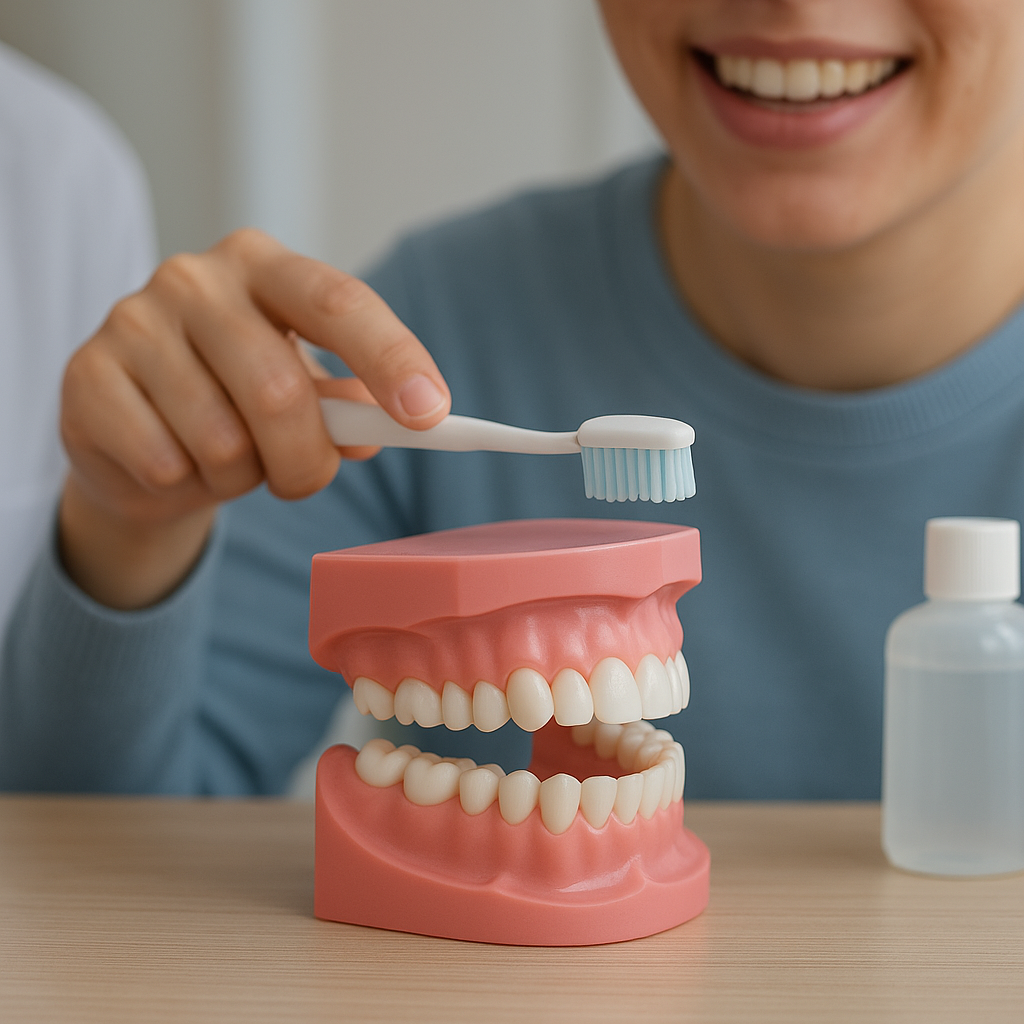The role of probiotics in maintaining oral health is an emerging area of research that highlights the importance of beneficial bacteria in our mouths. Traditionally, oral health has been associated with the absence of harmful bacteria, but recent studies suggest that the presence of probiotics can significantly enhance oral hygiene and overall health. This article will explore the mechanisms by which probiotics contribute to oral health, the types of probiotics beneficial for the mouth, and practical ways to incorporate them into daily routines.
Understanding Probiotics and Their Mechanisms
Probiotics are live microorganisms that, when administered in adequate amounts, confer health benefits to the host. They are most commonly associated with gut health, but their role in oral health is gaining recognition. The mouth is a complex ecosystem that hosts a diverse range of bacteria, some of which can lead to dental issues such as cavities and gum disease. Probiotics can help maintain a balanced oral microbiome by outcompeting harmful bacteria and promoting the growth of beneficial strains.
The Oral Microbiome
The oral microbiome consists of over 700 species of bacteria, some of which are essential for maintaining oral health. A healthy balance of these microorganisms is crucial for preventing dental diseases. When harmful bacteria, such as Streptococcus mutans, proliferate, they can lead to tooth decay and periodontal disease. Probiotics can help restore this balance by:
- Inhibiting Pathogenic Bacteria: Probiotics can produce substances that inhibit the growth of harmful bacteria. For example, certain strains of Lactobacillus can lower the pH in the mouth, creating an unfavorable environment for pathogenic bacteria.
- Enhancing Immune Response: Probiotics can stimulate the immune system, helping the body to fight off infections and inflammation in the oral cavity.
- Producing Antimicrobial Compounds: Some probiotics produce bacteriocins, which are proteins that can kill or inhibit the growth of harmful bacteria.
Types of Probiotics Beneficial for Oral Health
Not all probiotics are equally effective for oral health. Research has identified specific strains that have shown promise in promoting oral hygiene:
- Lactobacillus reuteri: This strain has been linked to reduced plaque formation and lower levels of gingivitis.
- Streptococcus salivarius: Known for its ability to colonize the oral cavity, this strain can help inhibit the growth of harmful bacteria and reduce bad breath.
- Bifidobacterium species: These probiotics can enhance the overall health of the oral microbiome and may help in reducing the risk of dental caries.
Incorporating Probiotics into Daily Oral Care
Integrating probiotics into your daily oral care routine can be simple and effective. Here are some practical ways to do so:
Probiotic-Rich Foods
Including probiotic-rich foods in your diet can help promote oral health. Some of these foods include:
- Yogurt: Look for yogurt that contains live and active cultures, particularly those with Lactobacillus and Bifidobacterium strains.
- Kefir: This fermented milk drink is rich in probiotics and can be consumed as a beverage or used in smoothies.
- Fermented Vegetables: Foods like sauerkraut and kimchi contain beneficial bacteria that can support oral health.
- Probiotic Supplements: If dietary sources are insufficient, consider taking probiotic supplements specifically formulated for oral health.
Oral Probiotic Products
In addition to dietary sources, there are oral probiotic products designed to target oral health directly. These include:
- Probiotic Lozenges: These dissolve in the mouth and release beneficial bacteria directly where they are needed.
- Mouthwashes: Some mouthwashes contain probiotics that can help maintain a healthy oral microbiome.
- Chewing Gum: Probiotic chewing gum can provide a convenient way to introduce beneficial bacteria into the mouth.
Research and Future Directions
While the benefits of probiotics for oral health are promising, ongoing research is essential to fully understand their mechanisms and effectiveness. Studies are exploring the specific strains that are most beneficial, optimal dosages, and the long-term effects of probiotic use on oral health. Additionally, researchers are investigating the potential of probiotics in preventing and treating various dental conditions, including:
- Dental Caries: Probiotics may help reduce the incidence of cavities by inhibiting the growth of cavity-causing bacteria.
- Gingivitis and Periodontitis: Probiotics could play a role in managing gum diseases by reducing inflammation and promoting healing.
- Halitosis: Probiotics may help combat bad breath by balancing the oral microbiome and reducing the presence of odor-causing bacteria.
Conclusion
The role of probiotics in maintaining oral health is a fascinating and evolving field. As research continues to uncover the benefits of these beneficial bacteria, it becomes increasingly clear that they can play a significant role in promoting oral hygiene and preventing dental diseases. By incorporating probiotic-rich foods and products into daily routines, individuals can take proactive steps toward achieving better oral health. As we move forward, the integration of probiotics into dental care may become a standard practice, offering a natural and effective approach to maintaining a healthy mouth.




